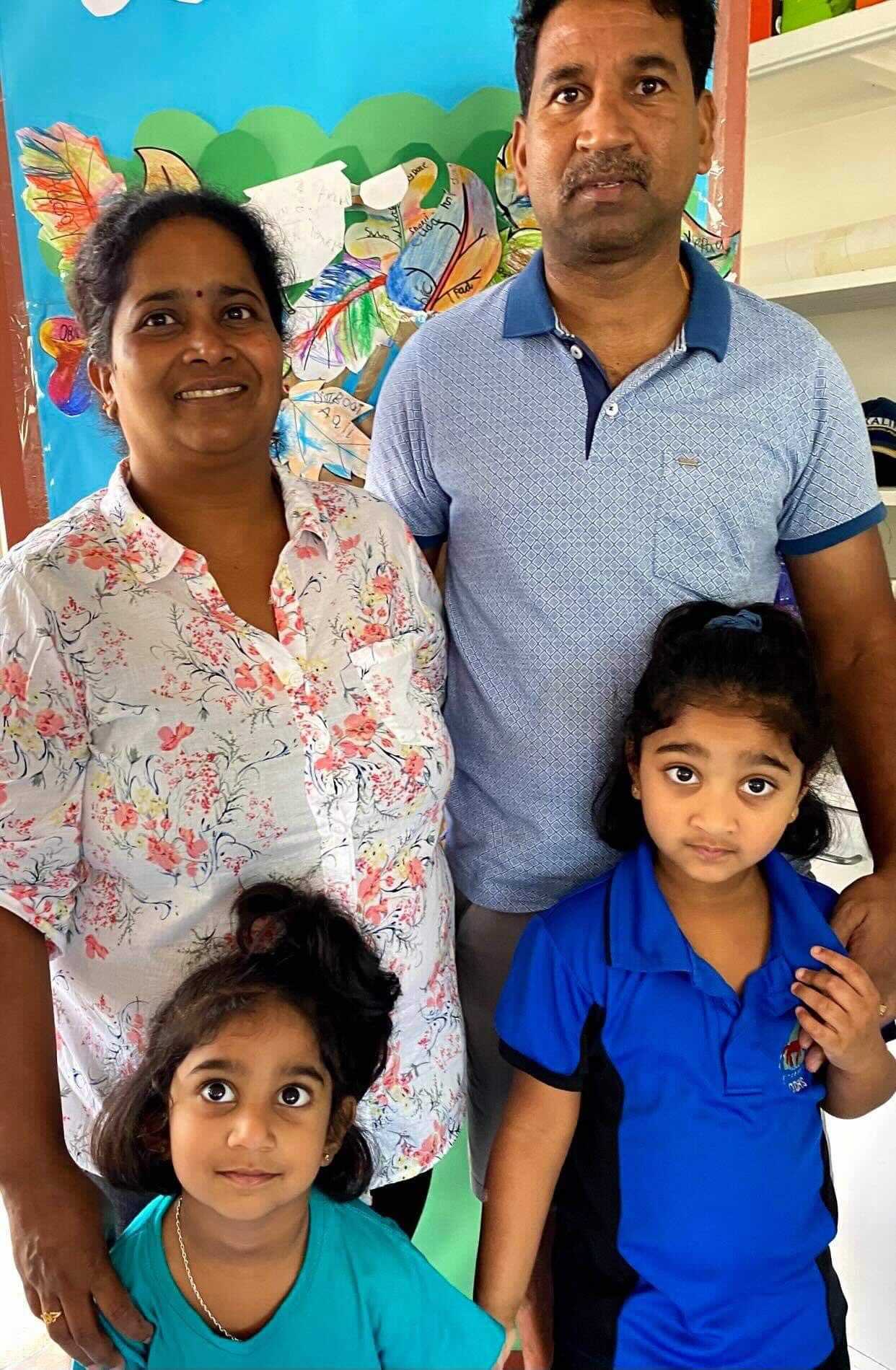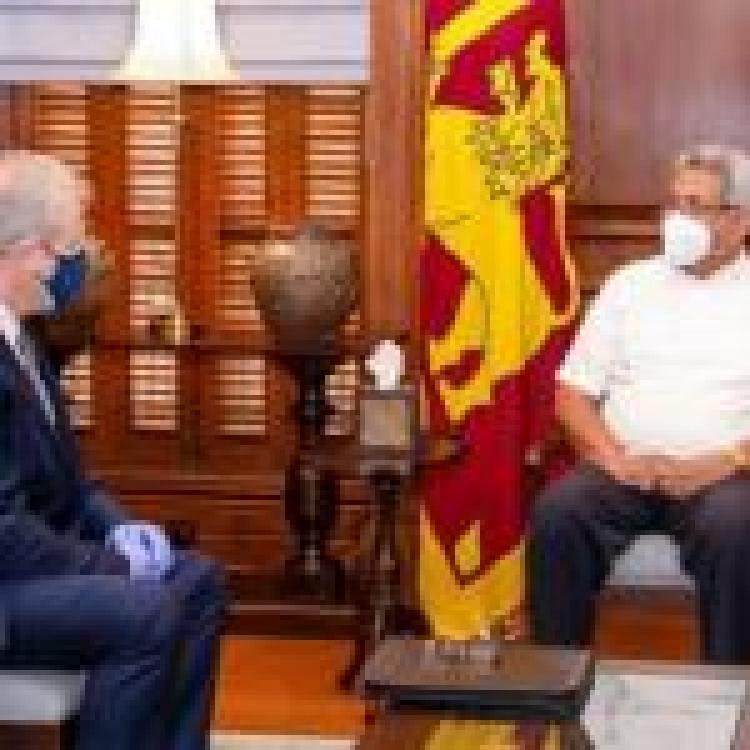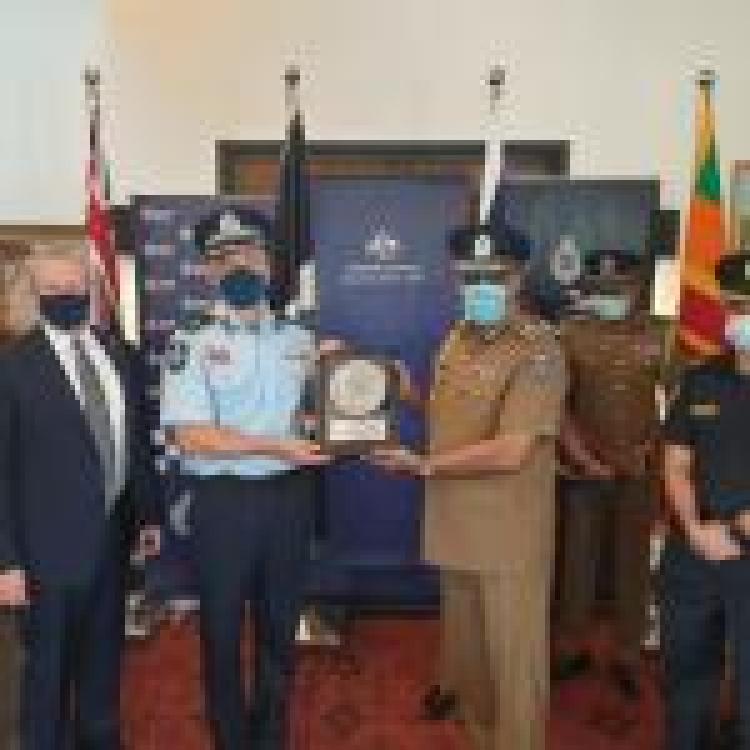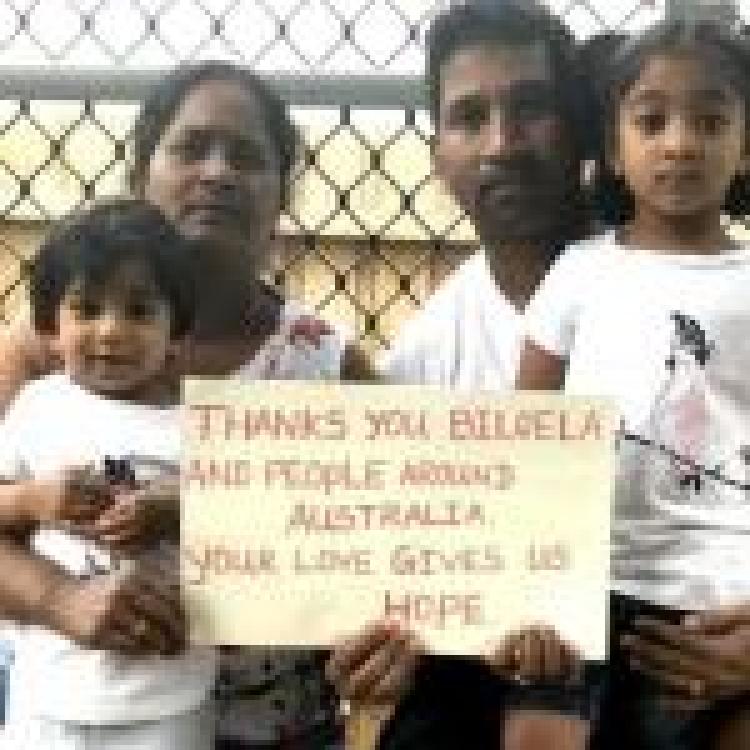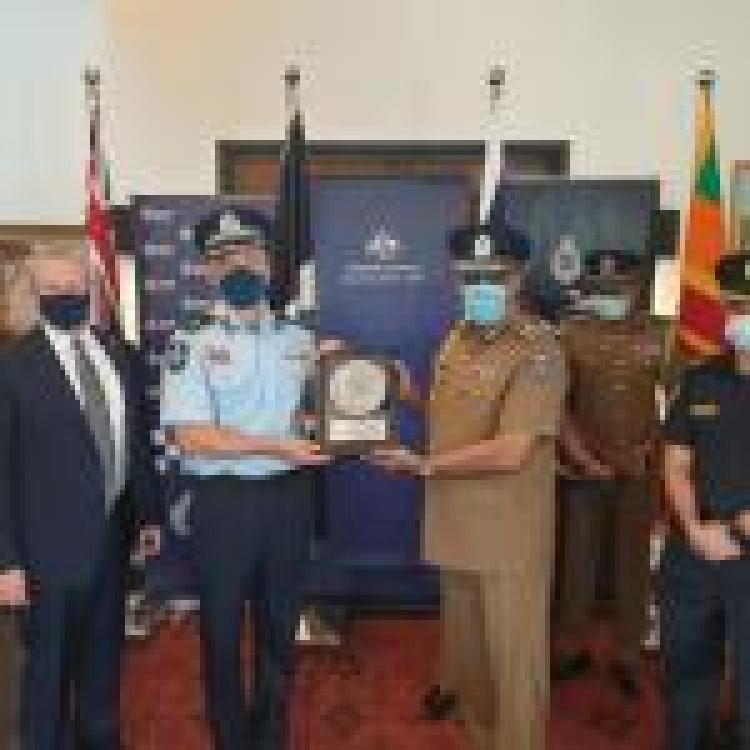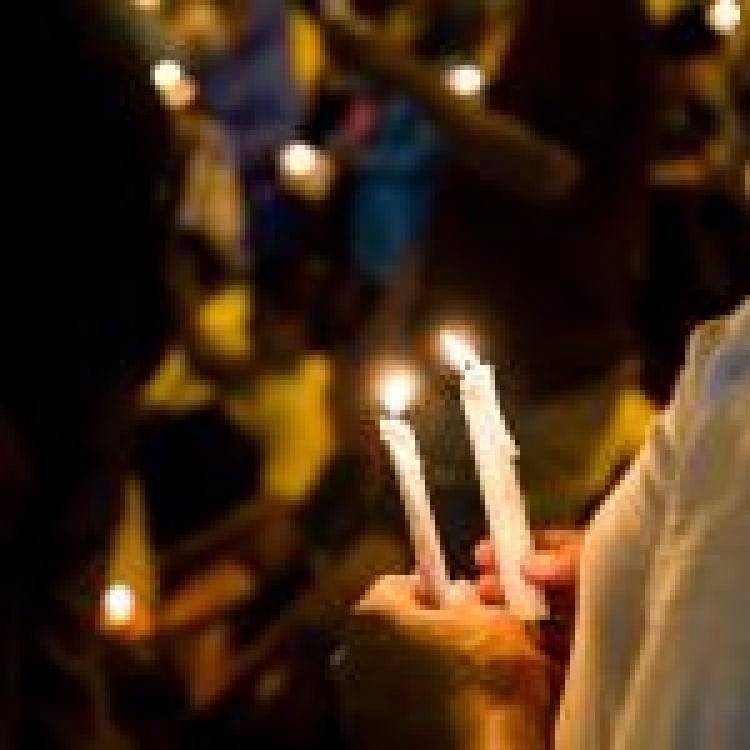File photograph
A UK court has found a key document used by Home Affairs and tribunals in Australia to reject refugee applications for Tamils from Sri Lanka as “unreliable”. Human rights advocates are calling for its retraction after the United Kingdom Home Office removed its equivalent report after receiving similar criticism.
These country information reports are held as credible and authoritative and are considered by decision makers when assessing claims for asylum. The Australian Department of Foreign Affairs and Trade (DFAT) 2019 country information report on Sri Lanka claims torture of Tamils is no longer state-sponsored and that Sri Lankans face a low risk of torture overall.
However, the United Kingdom Upper Tribunal questioned its methodology and noted, "none of the sources [in the report] are identified, there is no explanation as to how the information from these sources was obtained." The court went on to recognise that the ‘authoritarian and paranoid’ Sri Lankan government monitors the activities of the Tamils diaspora. If an asylum seeker was returned to the country, they risk being subjected to torture, which is ‘endemic’ in the Sri Lanka.
The Tribunal criticised the UK Home Office report for its choice of sources, noting that more than half of those interviewed were Sri Lankan government officials, with only one interviewee, a Tamil.
The Australian Centre for International Justice (ACIJ), the International Truth and Justice Project (ITJP) along with several refugee and human rights organisations in Australia has called on DFAT to suspend the DFAT report and publicly acknowledge its content as factually incorrect. They also called for an urgent review into rejected Tamil asylum cases that referenced these reports in their decision.
The Tamil asylum-seeking Biloela family has spent three years in detention on Christmas Island in Australia as of March 2021.
Aran Mylvaganam from the Tamil Refugee Council said, “Priya and Nades are just one example of the thousands of Tamil asylum seekers whose mental health is deteriorating, living in fear and insecurity because of rejected claims”.
“It is staggering that DFAT would assert that torture is no-longer state sponsored in Sri Lanka in the face of overwhelming evidence from independent and verified sources. Australia has an obligation to prevent and punish the crime of torture, and to ensure that people who are seeking safety in this country are not be sent back to danger,” said Ms Rawan Arraf, the Executive Director for Australian Centre for International Justice. “DFAT’s report downplayed and denied the prevalence of torture in Sri Lanka as well as the practice of abduction and unlawful detention by Sri Lanka’s security forces. The UK’s country guidance decision is further confirmation that the DFAT report cannot be relied on and must be set aside.”
Read the full joint statement here.
The tribunal has been hailed by many activists as a landmark ruling that may be significant in protecting Tamil activists from deportation to Sri Lanka. The ruling, which centred on the asylum appeal of two Tamil refugees in the UK, known as KK and RS, importantly expands the criteria of those who may be at risk in Sri Lanka, taking into account a range of activities from posting on social media to attendance at commemorative events and even signing petitions that could be “perceived as being anti-government”.
"This judgment is a landmark, in that it recognises the paranoia of the Sinhala state such that those who hold a belief in Tamil independence qualify as refugees," said Together Against Genocide (TAG) director Jan Jananayagam, to the Tamil Guardian.

